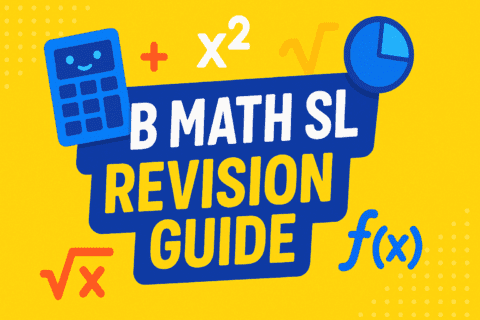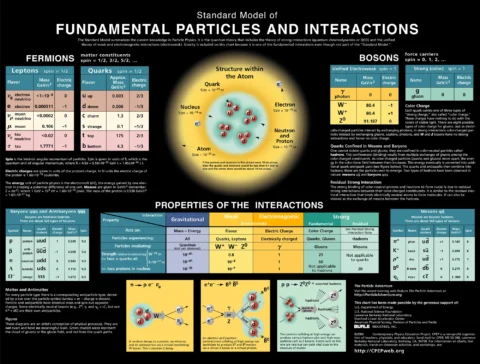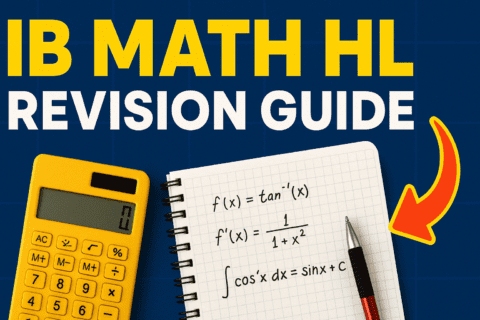What Examiners Wish Students Knew About IB Assessments
“We’re not looking for perfection — we’re looking for clarity, critical thinking, and your unique voice.” — IB Examiner, 2023
🎯 Introduction: Cracking the IB Code, From the Inside Out
There’s a quiet mystery surrounding IB assessments. You pour your heart into your Internal Assessments, Extended Essay, and final exams — and yet, when the grades arrive, they can feel like they’ve been decided in another galaxy.
But here’s the secret: IB examiners are not trying to trick you. In fact, many of them are teachers just like yours. Their job is to evaluate your work based on very specific criteria — and they often wish students understood what really matters.
So we reached out to real IB examiners, educators, and veteran IB coordinators across the UK, UAE, and Singapore. Here’s what they wish every IB student knew about assessments — before it’s too late.
🧠 Understanding the IB Assessment Philosophy
What Makes IB Assessments Different?
Criterion-referenced: You’re not graded against other students, but against a rubric.
Process-focused: Especially for IAs and the EE, how you think and organize matters as much as the final product.
Global perspective: Examiners reward analysis that reflects international-mindedness and ethical thinking.
“A 7 isn’t about being flawless — it’s about consistently meeting the top-level descriptors.”
The Role of Moderation and Standardization
Examiners are trained to follow the mark scheme to the letter
Multiple levels of moderation exist to reduce bias
Overly emotional or vague writing may backfire, even if it sounds smart
✍️ Internal Assessments (IAs): What Examiners Actually Look For
Common Myths vs Reality
| Myth | Reality |
|---|---|
| More words = better | Concise, clear arguments score higher |
| Fancy vocabulary impresses | Clarity and structure matter more |
| Examiner reads the whole thing | They often skim — structure is king |
Top Examiner Tips for IAs
Know your criteria like the back of your hand
Focus on analysis over description — especially in Science and Humanities
Use subheadings to help examiners navigate
Don’t hide behind quotes — original thinking is key
Include limitations — shows maturity and reflection
📚 The Extended Essay (EE): Your Chance to Shine — Or Sink
“Some EEs are mini-masterpieces. Others feel like Wikipedia mashups. We can tell the difference.”
What Makes a Top-Scoring EE?
A sharply focused research question
Relevant and well-integrated sources
Logical, well-structured argument
Insightful conclusion with implications
What Hurts Your EE Grade?
Super broad topics (e.g., “The history of democracy”)
Poor citations or last-minute formatting
Emotional or biased tone instead of objective analysis
🎯 Pro tip: Start early. Get feedback. Reread the rubric every week.
📝 Final Exams: It’s Not About Memorization
How Examiners Read Your Papers
With mark schemes open beside them
With limited time — around 5–7 minutes per response
Looking for clarity, relevance, structure — not fluff
Exam Strategy Insights From the Inside
Underline key terms in questions before answering
Answer the question, not what you wish it asked
Use point-evidence-explanation (PEE) structures
Practice writing timed answers by hand — it matters!
“We don’t want filler. We want focused arguments, specific examples, and a clear structure.”
🧘♀️ Examiner Notes on Student Mindset
“The students who do best aren’t necessarily the smartest — they’re the most prepared, the most coachable, and the most consistent.”
What Examiners Say About Burnout
Over-preparing without breaks leads to mental fog
Students often ignore simple formatting or labeling rules in exhaustion
Too many last-minute miracles ruin promising work
Emotional Intelligence Matters
TOK and EE reward depth and self-awareness
A calm, curious tone often beats passionate rants
Maturity = recognizing when you don’t know something — and saying so
📊 What to Do Now to Maximize Your IB Scores
Your Checklist for Smarter IB Assessment Prep
✅ Re-read the rubrics with every draft
✅ Compare your work to top-band exemplars
✅ Use peer feedback (train friends to mark you!)
✅ Practice writing under timed conditions
✅ Take care of your body and mind — they impact cognition
🏁 Conclusion: What Examiners Really Want
Not perfection. Not robotic formulas. Not flashy language.
They want to see your process, your growth, and your ability to engage with knowledge thoughtfully.
So instead of trying to write for a mysterious stranger, write like someone who knows their stuff — and respects the art of communication.
“We’re rooting for you more than you think. Help us help you by writing with purpose, structure, and heart.”
❓ People Also Ask (FAQs):
Q1. What do IB examiners look for in IAs?
A: Clear structure, original analysis, awareness of limitations, and close alignment with the rubric.
Q2. How can I improve my IB exam performance?
A: Practice timed writing, use past mark schemes, and focus on clarity and relevance over memorized content.
Q3. How important is the Extended Essay?
A: Very — it contributes up to 3 core points and helps demonstrate university-level research skills.
Q4. Do examiners really read every word?
A: Not always. Clarity, subheadings, and focused points help them assess fairly and quickly.
Your journey isn’t about chasing a 7. It’s about learning how to think — and showing it in ways that matter. 💬





